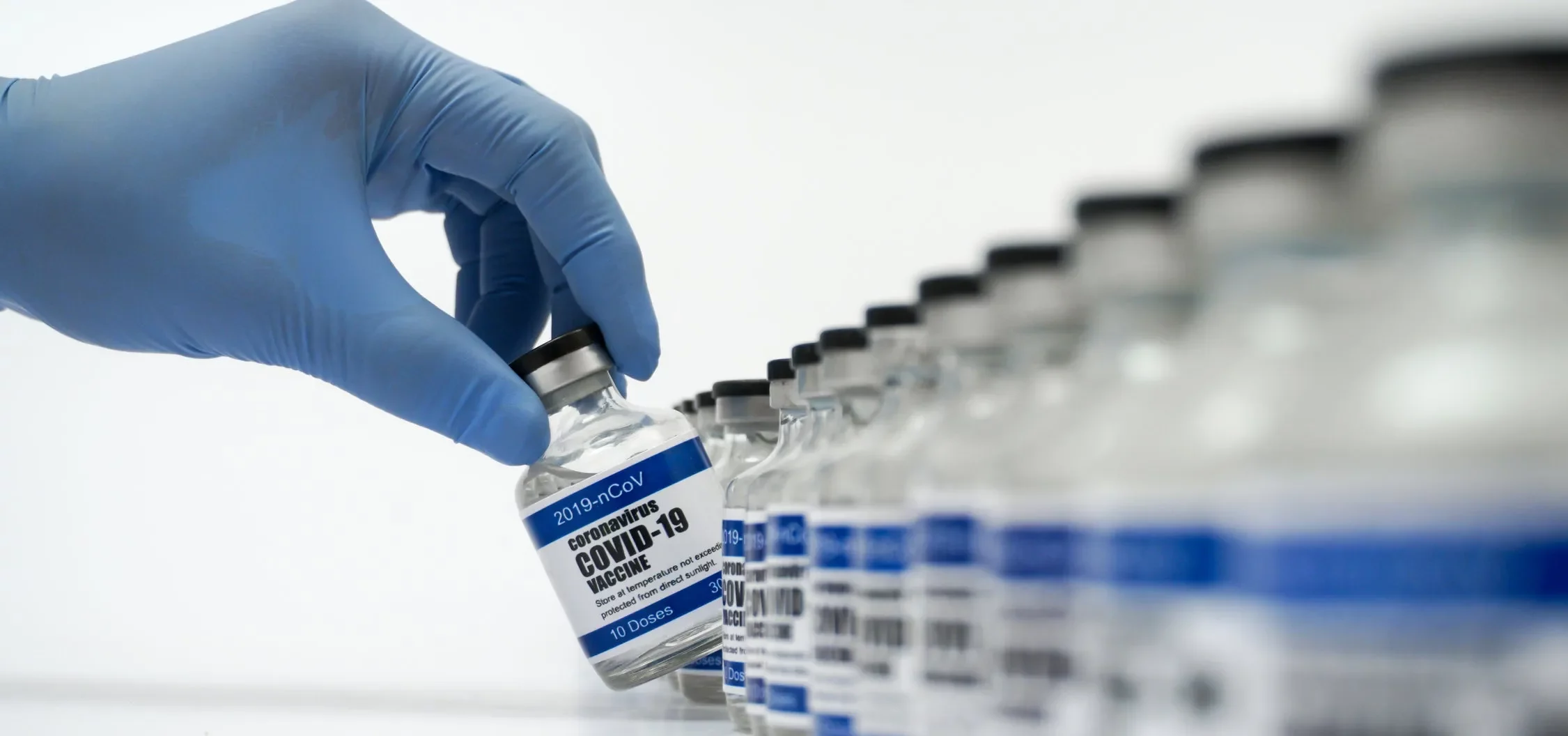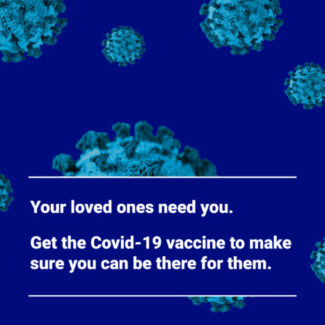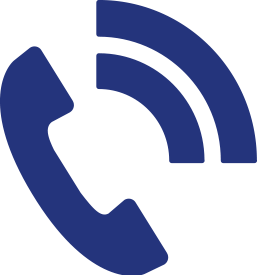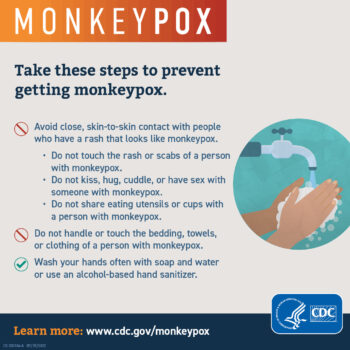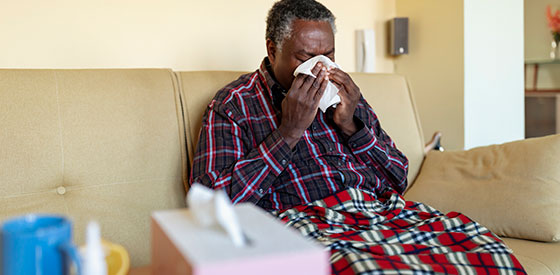Jump to:
COVID-19 || Vaccine || Testing
Monkeypox || Symptoms || How it spreads || Testing
Influenza (Flu) || Signs and Symptoms || Prevention || Get your vaccine
RSV || Signs and Symptoms || How it spreads || Prevention || Treatment || Vaccine
COVID-19 vaccine appointments available for all patients age 5 and up
COVID Vaccine for Kids (ages 5-11)
COVID-19 Testing
No appointment needed. Walk-ins welcome between the hours of 9am and 4pm at these participating locations:
Aurora Community Health Center
Carpentersville Community Health Center
Chicago Heights Community Health Center
East Joliet Community Health Center
Hazel Crest Community Health Center
Kankakee Community Health Center
Pediatric Health and Wellness Center (Chicago Heights)
Southeast Side (Chicago) Community Health Center
Please note, we cannot leave the results of your lab test on voicemail.
Additionally, please be aware the time it takes for us to call for your results is dependent on the labs’ ability to analyze the specimen. As a result, turnaround times may be longer than expected due to the current COVID-19 national crisis, we appreciate your patience. Results can also be obtained by registering with LabCorp Laboratories.
Monkeypox
Frequently asked questions about monkeypox
What is monkeypox?
Monkeypox is a rare disease caused by infection with the monkeypox virus. Monkeypox virus is part of the same family of viruses as variola virus, the virus that causes smallpox. Monkeypox symptoms are similar to smallpox symptoms, but milder, and monkeypox is rarely fatal.
What are the symptoms of Monkeypox?
Symptoms of monkeypox can include:
- Fever
- Headache
- Muscle aches and backache
- Swollen lymph nodes
- Chills
- Respiratory symptoms (e.g. sore throat, nasal congestion, or cough)
- A rash that can look like pimples or blisters that appears on the face, inside the mouth, and on other parts of the body, like the hands, feet, chest, genitals, or anus.
- The rash goes through different stages before healing completely. The illness typically lasts 2-4 weeks.
Sometimes, people get a rash first, followed by other symptoms. Others only experience a rash.
How does Monkeypox spread?
Monkeypox can spread from person to person through direct contact with the infectious rash, scabs, fluid from sores or saliva. It also can be spread by respiratory secretions during prolonged, face-to-face contact, or during intimate physical contact, such as kissing, cuddling, or sex.
Monkeypox can spread from the time symptoms start until the rash has fully healed and a fresh layer of skin has formed. Anyone in close personal contact with a person with monkeypox can get it and should take steps to protect themselves.
How do I get tested for monkeypox?
If you believe you may have contracted Monkeypox and have active lesions, like blisters or pimples, please call Aunt Martha’s at 1-877-692-8686 to see one of our providers for further evaluation.
Influenza (Flu)
What are the common signs and symptoms of the flu?
- Fever* or feeling feverish/chills
- Cough
- Sore throat
- Runny or stuffy nose
- Muscle or body aches
- Headaches
- Fatigue (tiredness)
- Some people may have vomiting and diarrhea, though this is more common in children than adults.
*Not everyone with flu will have a fever.
What is the best way to prevent the flu?
The best way to reduce the risk of flu and its potentially serious complications is by getting vaccinated each year. The flu vaccine has been shown to reduce flu related illnesses and the risk of serious flu complications that can result in hospitalization or even death. The CDC also recommends everyday preventive actions (like staying away from people who are sick, covering coughs and sneezes and frequent handwashing) to help slow the spread of germs that cause respiratory illnesses, like the flu.
When is the best time to get my flu vaccine?
For most people who need only one dose for the season, September and October are generally good times to get vaccinated.
It’s recommended to get vaccinated by the end of October, but even if you get vaccinated later it can still protect you during the peak of flu season. After receiving the flu vaccine, it can take 2 weeks for antibodies to develop in the body.
How can I get my flu vaccine?
Please call 1-877-692-8686 to schedule your flu vaccine at any of Aunt Martha’s health centers.
RSV
Frequently asked questions about RSV
What are the symptoms of RSV?
People infected with RSV usually show symptoms within 4 to 6 days after getting infected. Symptoms of RSV infection usually include the following:
- Runny nose
- Decrease in appetite
- Coughing
- Sneezing
- Fever
- Wheezing
These symptoms usually appear in stages and not all at once. In very young infants with RSV, the only symptoms may be irritability, decreased activity, and breathing difficulties. Almost all children will have had an RSV infection by their second birthday.
How does RSV spread? How can you get RSV?
RSV can spread when:
- An infected person coughs or sneezes
- You get virus droplets from a cough or sneeze in your eyes, nose, or mouth
- You touch a surface that has the virus on it, such as a doorknob, and then touch your face before washing your hands
- You have direct contact with the virus, like kissing the face of a child with RSV
People infected with RSV are usually contagious for 3 to 8 days. However, some infants, and people with weakened immune systems, can continue to spread the virus even after they stop showing symptoms, for as long as 4 weeks. It is common for children to be exposed to and infected with RSV outside the home, such as in school or child-care centers. They can then transmit the virus to other members of the family.
RSV can survive for many hours on hard surfaces such as tables and crib rails. It typically lives on soft surfaces such as tissues and hands for shorter amounts of time. People of any age can get another RSV infection, but infections later in life are generally less severe.
How do you prevent RSV?
- Wash your hands
Wash your hands often with soap and water for at least 20 seconds, and help young children do the same. If soap and water are not available, use an alcohol-based hand sanitizer. Washing your hands will help protect you from germs. - Keep your hands off your face
Avoid touching your eyes, nose, and mouth with unwashed hands. Germs spread this way. - Avoid close contact with people who are sick
Avoid close contact, such as kissing, and sharing cups or eating utensils with people who have cold-like symptoms. - Cover your coughs and sneezes
Cover your mouth and nose with a tissue or your upper shirt sleeve when coughing or sneezing. - Clean and disinfect surfaces
Clean and disinfect surfaces and objects that people frequently touch, such as toys, doorknobs, and mobile devices. When people infected with RSV touch surfaces and objects, they can leave behind germs. Also, when they cough or sneeze, droplets containing germs can land on surfaces and objects. - Stay home when you are sick
If possible, stay home from work, school, and public areas when you are sick. This will help protect others from catching your illness.
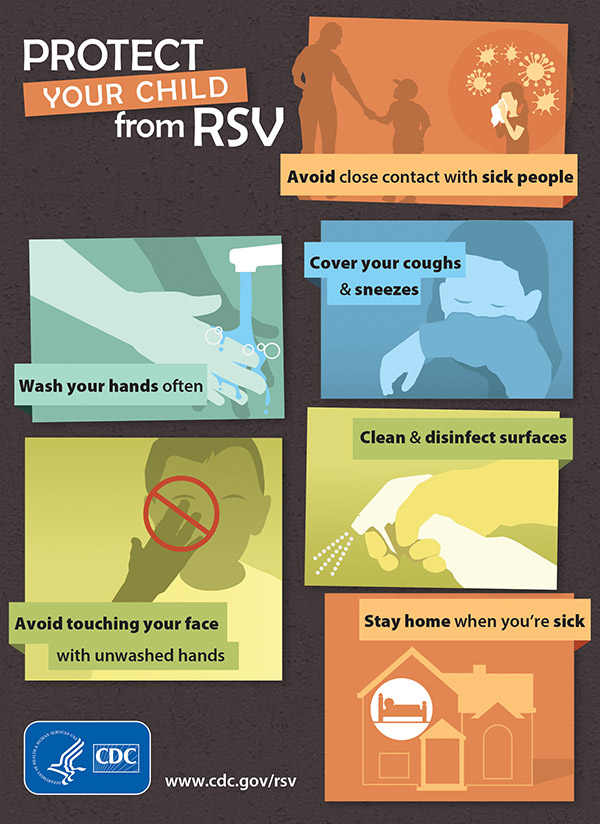
What is the treatment for RSV?
There is no specific treatment for RSV infection, though researchers are working to develop vaccines and antivirals (medicines that fight viruses).
Most RSV infections typically go away on their own in a week or two.
Is there a vaccine to prevent RSV?
There is no vaccine yet to prevent RSV infection, but scientists are working hard to develop one. And there is a medicine that can help protect some babies at high risk for severe RSV disease. Healthcare providers usually give this medicine (called palivizumab) to premature infants and young children with certain heart and lung conditions as a series of monthly shots during RSV season.
